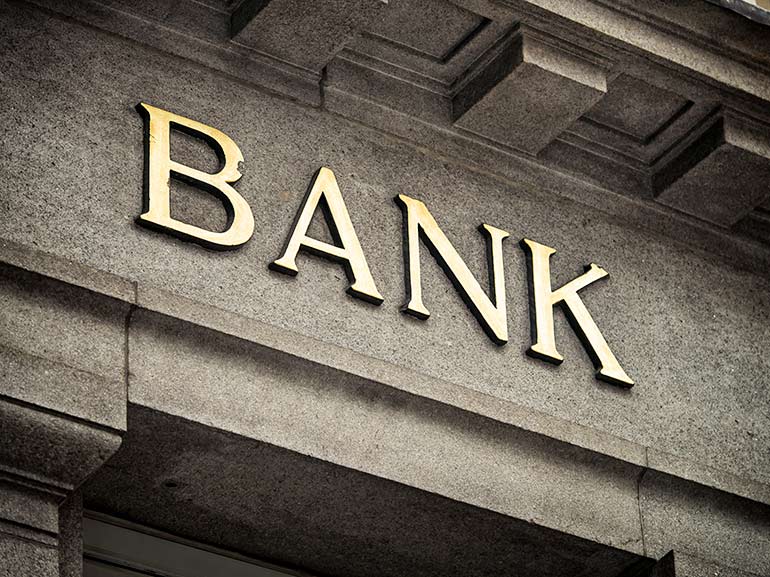Banking Crisis Worries Revived After FRB Earnings Show Deposit Loss
On Wednesday, shares of First Republic Bank (FRC) fell another 30%, after dropping as much as 50% earlier in the week, in the wake of its earnings report on Monday. The bank disclosed that customers withdrew as much as $100B in deposits during the first quarter, a net loss for the troubled bank. Its share price dropped to less than $7/shr compared to $16/shr before the earnings report and $120/shr back in March, ahead of the SVB crisis precipitating the plunge in the banking sector. The bank is the latest US lender hit by a "run on the bank," creating a cycle of uncertainty and leaving investors concerned about the entire banking sector.

The Details of the Report
The withdrawals represent around 40% of the bank's total deposits. This would have amounted to over 50% if it weren't for the $30B in uninsured deposits received by the US's largest eleven banks back in March. FRC's market cap fell below the $1B mark in intraday trading, down from its peak of $40B back in November of 2021. The volatility in the share price caused the New York Stock Exchange (NYSE) to halt trading twelve times in a single day of trading.
In response to its tight financial situation, the bank announced it would cut up to a quarter of its workforce. The CEO said its deposit activity had evened out since the end of last month, reporting total deposits of $102.7B, which was far below the $136.7B expected by analysts. Another potential action to restructure the balance sheet is the selling off of assets, including selling as much as $100B of its loans. (Source:Investopedia)
Is the Banking Crisis Back?
Worries about the US banking sector may have impacted markets around the world. European stocks are seen under pressure, with Germany’s index (FDAX) trading 0.2% lower on Thursday morning, while UK’s FTSE (UK 100) dropped by 0.3%. That was despite better-than-expected earnings from Deutsche Bank (DBK.DE), BBVA (BBVA.E), and Swedbank (SWED-A.ST).
Some analysts believe that FRC's results are a "bellwether for sentiment" in the banking sector. This is because FRB appears to be at the centre of problems affecting the regional banking sector, in particular, and potentially signaling a credit crunch. The CEO of First Republic, Michael Roffler, tried to reassure investors that the bank had liquidity, but it didn't seem to convince them as the bank's share price continued to fall.
What’s Next for the Banking Sector?
Some analysts think that a collapse of First Republic may be imminent, saying that it's now a matter of whether the FDIC moves on Friday to take over the bank or over the weekend. Moreover, the bank said it was looking at strategic options: staying the course, appealing to big banks or private equity, and going into receivership. Aside from trying to continue with what little liquidity it has in the hope of avoiding going into receivership, it could also appeal (again) to big banks. Investors are concerned that the bank's troubles could imply more disorder to reach the sector.
In its latest efforts to avoid being taken over by the FDIC, First Republic is reportedly looking to convince big US banks to buy up debt from the bank at above-market prices. That would mean bigger banks would take an initial loss in order to avoid a larger bill from the FDIC should the bank collapse. But banks appear to be hesitant to recognise losses.
The plan would also involve government coordination, and banks have said that hasn't been forthcoming yet. First Republic had been looking for a buyer for its debt all month and still hasn't found interest. As it stands, it appears the banking crisis may be dragging on the US economy. As a result, large banks have remained resilient while regional banks remain more threatened, leading to slowing lending.
Conclusion
Markets were stunned by First Republic's earnings report in which it disclosed a more than 40% drop in deposits, closing down 30% on Wednesday. The bank said that outflows had stabilised, but investors continued to worry about the bank's viability, as it announced plans to cut costs. The bank is now looking at different options to avoid a collapse similar to SVB and Signature Bank.
All in all, whether or not this latest hurdle in the US banking sector’s way will indeed cause further strain on the already struggling banking sector remains unclear. Traders may want to keep an eye on any upcoming updates to see if any substantial changes materialise.
